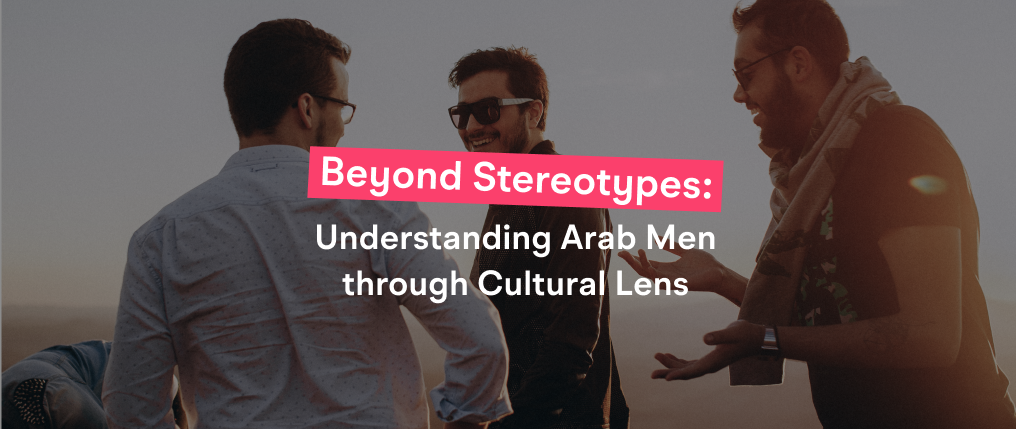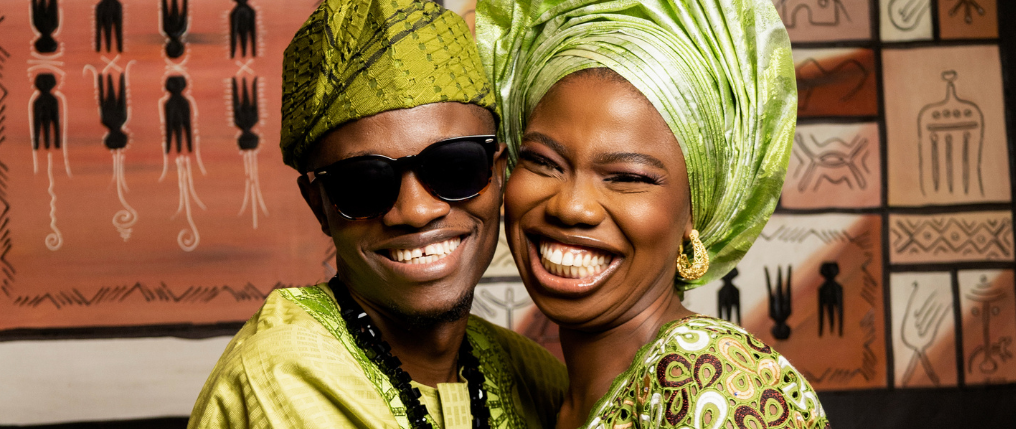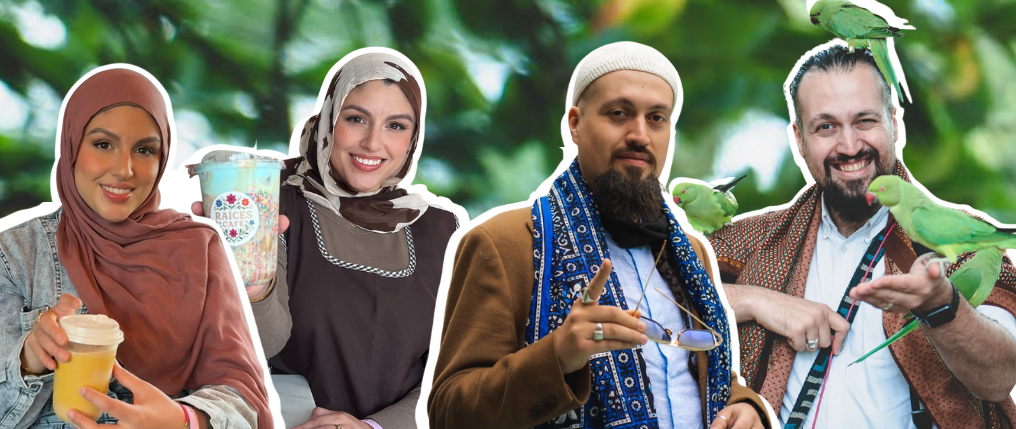
Beyond Stereotypes: Understanding Arab Men through Cultural Lens
June 11, 2024

When looking to find a potential husband, you’re going to come across men that come from many unique cultures, either similar or different from yourself. Many questions can arise if you don’t have much knowledge about these cultures.


Looking for your soulmate?
You won’t find your soulmate on this blog post but you might find them on Muzz - the world’s biggest Muslim dating and marriage app.
Don’t stress! In this article, we’re going to discuss the richness of Arab culture and how the foundation of it influences Arab men to carry the familial and community-driven values they have.
Marrying outside of your culture is a beautiful way to showcase your own culture while opening yourself up to someone else’s world. Although it is also known as being taboo, it is also considered a sunnah. Arab men are extremely diverse in their culture with each country having its spin on common traditions and different dialects of Arabic spoken.
Table of Contents
Islamic Stance on Intercultural Marriages
Arab Men: Stereotypes vs. Reality
Getting to Know Someone Outside of Your Culture
Islamic Stance on Intercultural Marriages

The Quran states “O mankind! We have created you from a male and a female, and made you into nations and tribes, that you may know one another. Verily, the most honourable of you with Allâh is that (believer) who has At-Taqwa” [49:13].
We were created from different nations and ethnicities to discover one another through our cultures. Through culture, you find out how a person forms their lifestyle and beliefs, as well as their morals and values.
Arab culture is known for its vibrant customs and hospitality. Arab men in particular are taught to hold chivalrous roles in the household, especially towards women. Respect is always at the forefront of Arab culture as they want to make everyone feel comfortable and welcomed in their presence.
When you enter an Arab household, you’re going to be given the utmost respect. Your hosts are going to make sure you feel as comfortable as you can in their household and will be right by your side to offer you food, dessert and tea until you can’t eat anymore! This is only a sneak peek into their cultural values and how they treat each other.
Foundation of Arab Culture

Family is the heart of Arab culture. Oftentimes in the media, we see many stereotypes and misconceptions about Arab men. They’re made to be portrayed as controlling and self-obsessed. You may also see that they have hyper-masculine traits, but these stereotypes steer those who are outside the Arab culture away from the truth.
The media fails to depict the gentleness and loving attributes of a father towards his daughter, a son looking up to his mother’s loving attributes and a husband making it his mission to make sure his wife is valued and loved in their marriage.
In Islam, we see clearly the role of the husband and wife in a marriage. We see that the husband’s job is to provide for his family and to make sure they never feel any lack. This directly challenges the stereotype that women are meant to be “slaves” in the household and are only present to serve the men. We see these values embedded into Arab culture through their generosity and eagerness to support their family in any way possible.
Arab Men: Stereotypes vs. Reality

The media show us that Arab men thrive off of oppressing women, further driving a wedge between their real personas. Arab culture works with the rights of a woman and makes it known that wives, mothers, daughters, etc. are the foundation of a household and hold such a monumental role in the life of a man.
Marrying women strong in their beliefs (religious and non-religious beliefs) is encouraged as these same women will help raise the next generation of families with this same belief system. Arab households want to ensure that their children grow up with the same strong attributes that both men and women possess.
Related content: We make it easy to chat with Arab singles
A common theme is that Arab men are not supposed to show emotion, they’re supposed to present themselves as resilient and strong all the time. The question then poses, if emotion and vulnerability are not shown, then how are members of a household supposed to effectively communicate and grow community?
Arab culture thrives off of community which begins at home. As the husband holding the head of household title, it begins with him as he collaborates with his wife to create a safe community for generations to come.
Getting to Know Someone Outside of Your Culture

Marriage and getting to know someone can feel like an overwhelming task, especially if you’re new to putting yourself out there. Culture serves as a great ice breaker if you’re speaking to someone with the same ethnicity as you.
Related content: Finding Arab love has never been easier!
However, if you’re okay with meeting people outside of your culture, you may need to work slightly harder to find a common ground at the first meeting. Although many cultures share similar values, it is important to talk about these values so that person is informed. You can also learn a lot about marriage expectations through these cultural values.
Don’t be afraid to speak about your experiences within your culture and the parts you would like to take into a marriage and parts you’d want to leave behind. Discussing culture aspects in depth gives you insight into how understanding and accommodating someone is to your familial values and future lessons you want to teach the next generation.
Arab Wedding Traditions

As mentioned earlier, each Arab country has its own set of cultural traditions, but they also hold many similarities that unite the cultures together. Two of the more known Arab dominant countries are Saudi Arabia and Egypt. When it comes to Egyptian weddings, pre-wedding events such as the Laylat Al-hinna, also known as the “night of the henna party” are arranged for the bride to celebrate her upcoming big day. This tradition dates back centuries and is rooted in celebrating a happy and blessed marriage for the couple ahead.
Related content: The Traditions of an Arabic Wedding
As for Saudi Arabian culture, they hold a similar ceremony called “Laylat al Ghumra” which holds the same significance and concept. The bride adorns herself with a beautifully embroidered dress and jewellery from her fiance. Friends and family join in the celebration in anticipation and happiness of the bride’s new chapter of life, which directly connects back to the foundation of Arab culture being family-oriented.
Conclusion
It can be a unique experience getting to know someone from a different culture and we would hope you find it to be an insightful one as well. As Muslims, we put our religion first and want our deen to be the foundation of our marriage. Culture comes after that, and we hope to combine cultural values to supplement the religious values we’re bringing into our marriage. Through respecting one another, finding the beauty in each other’s cultures and improving each other through the values you possess, you’re bound to set yourself up for a successful marriage and healthy family for the next generation to come.

